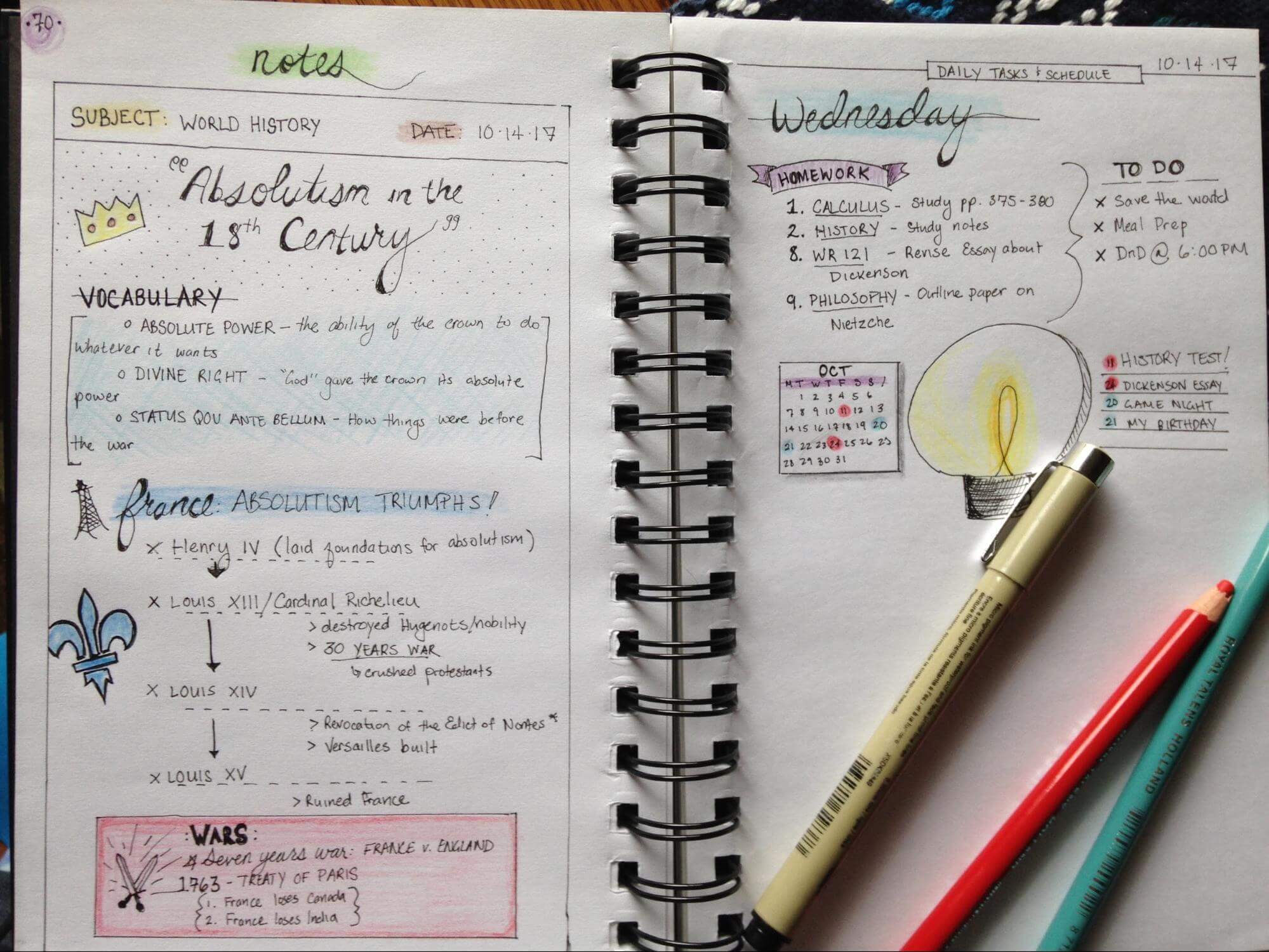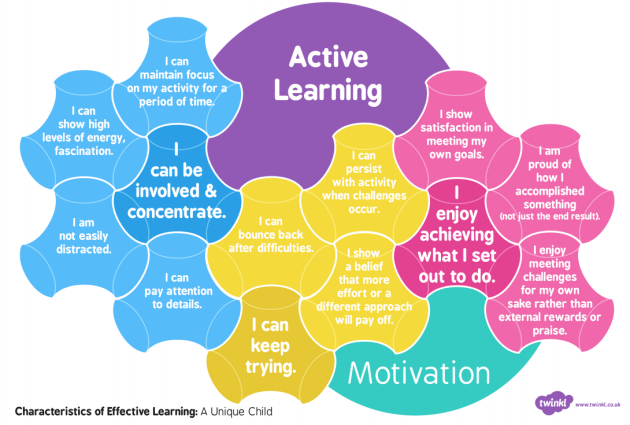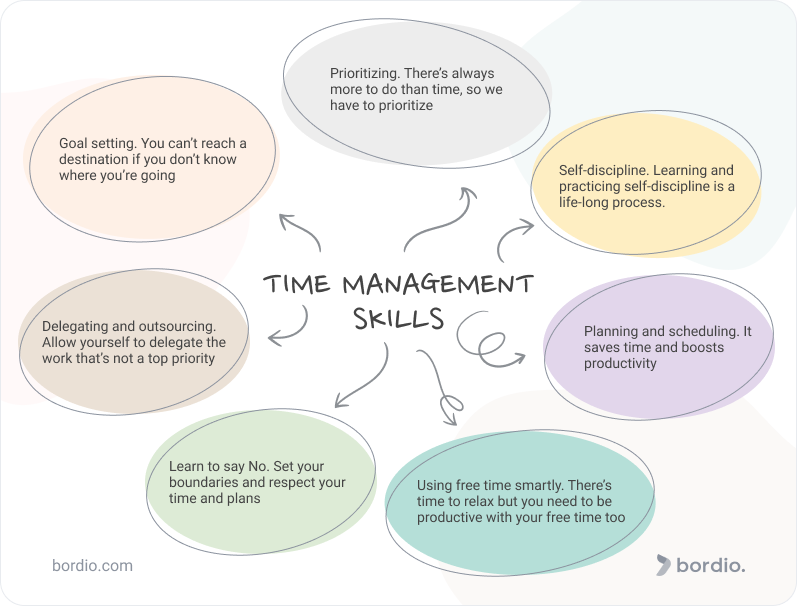Create a Study Schedule
Creating a study schedule is a crucial step in exam preparation. It helps you allocate dedicated time for each subject, ensuring you cover all the necessary topics. A well-planned schedule keeps you organized and reduces last-minute cramming. Make sure to set realistic goals and create a routine that suits your learning style and preferences. Regularly reviewing and adjusting your schedule will help you stay on track. Additionally, consider prioritizing difficult subjects or topics that require more attention. By breaking down your study sessions into manageable chunks and incorporating regular breaks, you can maintain focus and optimize your learning. Remember to create a balance between studying and other activities to avoid burnout.

Organize Your Study Materials
Organizing your study materials is essential for efficient exam preparation. Start by gathering all the necessary resources, including textbooks, lecture notes, and reference materials. Sort and categorize them based on subjects or topics to easily locate the information you need during your study sessions. Consider using color-coded folders or digital tools to keep your materials organized. Create a system for taking notes, such as using separate notebooks or electronic files for each subject. Highlight important concepts, create summaries, and maintain a clear structure in your notes to facilitate quick revision. Regularly declutter and update your study materials to ensure they stay relevant and up-to-date throughout your exam preparation period.

Take Effective Notes
Taking effective notes is a powerful learning tool that can enhance your understanding and retention of the material. During lectures or while studying, actively engage with the content and focus on capturing key information. Develop a note-taking method that works best for you, whether it's using bullet points, diagrams, or mind maps. As you review your notes, fill in any gaps, clarify confusing points, and connect related concepts. This process reinforces your understanding and helps you create a comprehensive study resource. Remember to revisit and revise your notes regularly to reinforce your learning. Additionally, consider sharing and discussing your notes with classmates to gain different perspectives and insights on the subject matter.

Utilize Active Learning Techniques
Utilizing active learning techniques can significantly improve your exam performance. Instead of passively reading or listening, actively engage with the material to deepen your understanding and promote better retention. Some effective active learning techniques include summarizing information in your own words, teaching concepts to someone else, or engaging in discussions and debates. By explaining complex concepts in simple terms or teaching others, you consolidate your knowledge and identify any gaps in your understanding. Engaging in discussions with peers or joining study groups allows for collaborative learning, where you can exchange ideas, ask questions, and reinforce your understanding through active participation.

Practice Regularly with Past Exams
Regular practice with past exams is a valuable strategy for exam success. Acquire previous years' question papers or practice exams provided by your instructors. By simulating exam conditions, you become familiar with the format, types of questions, and time management required. Start by allocating dedicated practice sessions to attempt the exams. Set a timer to simulate the real exam duration and work through the questions systematically. After completing the practice exams, thoroughly review your answers and assess your performance. Identify areas where you need improvement and revise those topics in more detail. Practicing past exams not only enhances your knowledge but also boosts your confidence and reduces anxiety during actual exams.

Form Study Groups
Forming study groups can be highly beneficial for exam preparation. Collaborating with classmates allows you to share knowledge, discuss difficult concepts, and gain different perspectives. Here are some tips for effective study groups: 1. Choose group members who are dedicated and motivated. 2. Establish clear goals and expectations for the study sessions. 3. Divide topics among group members to cover more ground. 4. Engage in discussions, ask questions, and explain concepts to each other. 5. Create a supportive and positive environment. 6. Share resources and study materials. 7. Review and summarize topics together. By actively participating in study groups, you can reinforce your learning, clarify doubts, and develop a deeper understanding of the subject matter.

Seek Clarification
Seeking clarification when you encounter doubts or confusion is essential for exam preparation. Don't hesitate to reach out to your professors, teaching assistants, or classmates for help. Here are some tips for seeking clarification: 1. Make a note of your questions as they arise during your study sessions. 2. Visit your professor or teaching assistant during office hours. 3. Participate actively in class and ask questions. 4. Connect with classmates through online forums or group chats. 5. Utilize online resources or discussion boards. Remember, seeking clarification is a proactive approach to learning and ensures you have a clear understanding of the topics you're studying. Don't shy away from asking questions or seeking additional explanations to strengthen your knowledge.

Manage Your Time Effectively
Managing your time effectively is crucial for exam preparation. By adopting good time management practices, you can optimize your study sessions, reduce stress, and maintain a healthy work-life balance. Here are some tips for effective time management: 1. Create a study schedule and allocate specific time slots for each subject. 2. Prioritize tasks based on urgency and importance. 3. Break down larger tasks into smaller, manageable chunks. 4. Avoid multitasking and focus on one task at a time. 5. Minimize distractions by turning off notifications or finding a quiet study environment. 6. Take regular breaks to avoid mental fatigue. 7. Review and adjust your schedule as needed. By managing your time effectively, you can ensure you cover all the necessary topics, revise adequately, and have time for self-care.

Take Care of Your Health
Taking care of your health is crucial for exam success. Your physical and mental well-being directly impact your cognitive abilities and overall performance. Here are some tips for maintaining a healthy lifestyle during exam preparation: 1. Get enough sleep to ensure proper rest and brain function. 2. Eat a balanced diet with nutritious meals to fuel your body and mind. 3. Stay hydrated throughout the day. 4. Incorporate regular exercise or physical activity to reduce stress and improve focus. 5. Practice relaxation techniques, such as deep breathing or meditation, to manage anxiety. 6. Take short breaks to engage in activities you enjoy. 7. Avoid excessive caffeine or energy drinks. By prioritizing your health, you can optimize your exam preparation and perform at your best.
Stay Motivated and Positive
Staying motivated and maintaining a positive mindset is crucial throughout the exam period. Here are some tips to stay motivated: 1. Set clear goals and break them into smaller milestones. 2. Reward yourself for achieving study targets. 3. Visualize success and envision the positive outcomes of your hard work. 4. Surround yourself with positive and supportive individuals. 5. Take regular breaks and engage in activities that rejuvenate you. 6. Practice positive self-talk and affirmations. 7. Stay inspired by reading success stories or listening to motivational speeches. Remember, maintaining a positive mindset can help you overcome challenges, stay focused, and approach exams with confidence.
